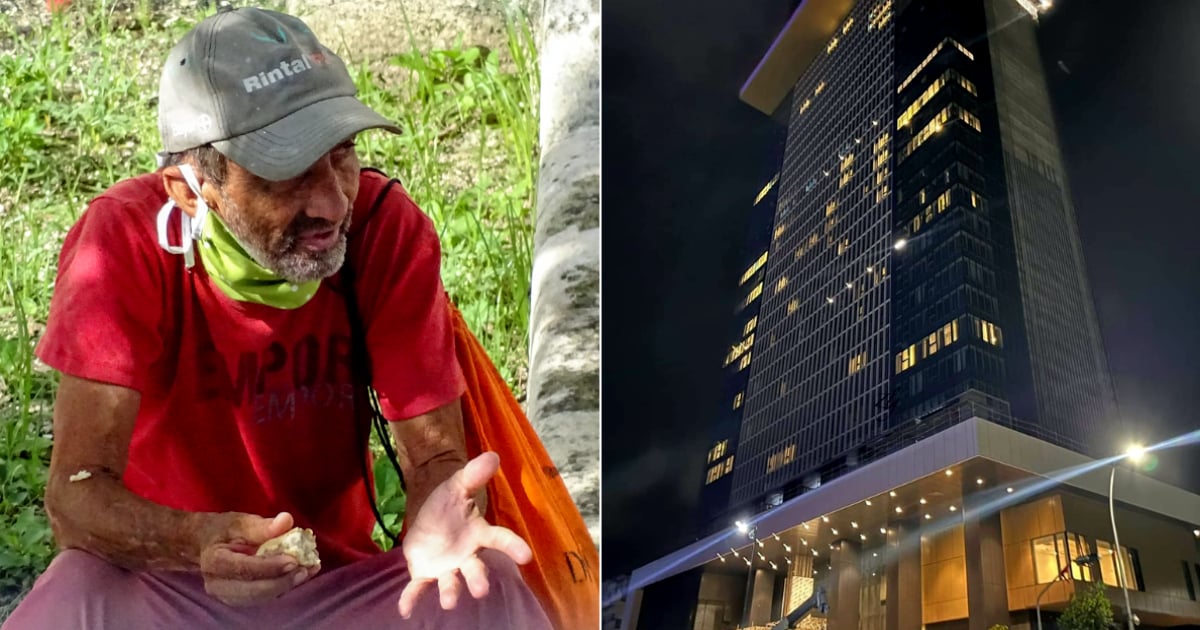The recent release of official data on investment in Cuba during the first half of 2024 has reignited the debate over the island's resource allocation. The Cuban government’s insistence on investing heavily in the tourism sector at the expense of crucial areas like health and social welfare has drawn significant criticism.
According to the National Office of Statistics and Information (ONEI), from January to June 2024, the government allocated nearly 40% of its investments to tourism-related activities. In stark contrast, investment in health and social welfare was 14 times lower, a fact that has been harshly criticized by economic experts, including Cuban economist Pedro Monreal.
In a series of tweets, Monreal highlighted the "highly skewed structure" of investment in Cuba. Despite a low hotel occupancy rate of 28.4%, the government has significantly increased investments in the "hotels and restaurants" sector. This decision stands in stark contrast to the dire state of other critical sectors, such as agriculture, which received only 2.5% of the total investment.
Monreal questioned the coherence of the government's investment policy, noting that the declared priority of food security is not reflected in the budget allocated to agriculture, which was 15 times less than that for tourism. The report also reveals that total investment in the country grew by only 3.6% in current prices compared to the same period last year. However, in a context of high inflation, this figure likely represents a real-term decrease in investment.
Monreal warned that the low rate of investment, measured as a percentage of gross capital formation in GDP, combined with a disproportionately high investment in tourism, makes official declarations about "reinvigorating" the economy seem illusory. The imbalance in investment distribution is also evident when comparing the manufacturing and agricultural sectors to tourism. Monreal emphasized that while strategic sectors for productivity and value chains are underfunded, tourism remains the government's priority.
This situation is exacerbated by the fact that investment in health and social welfare, vital areas for the Cuban population's well-being, receives a minimal fraction of the budget. This highlights the contradictions in the government's economic policies. A follower of Monreal on X questioned the economist about why he considers the investment structure "highly skewed." Monreal responded that with an underfunded industry and agriculture, the investment percentage in these sectors should be higher, particularly when tourist occupancy is low, suggesting that the Cuban government should reevaluate its priorities.
The regime's insistence on continuing massive investments in tourism, despite low occupancy rates and the evident need to strengthen other essential sectors, raises serious questions about the sustainability and fairness of its economic policy. Meanwhile, the population continues to face shortages in basic services, a reflection of a strategy that prioritizes the economic interests of the elite controlling tourism and the dollarized economy through the military conglomerate Grupo de Administración Empresarial S.A. (GAESA), which places its personal enrichment above the general welfare of the nation.
Investment Priorities in Cuba: Frequently Asked Questions
Given the controversial investment priorities of the Cuban government, many are left with questions about the impact and rationale behind these decisions. Here, we address some common inquiries.
Why does the Cuban government invest so heavily in tourism?
The Cuban government sees tourism as a crucial revenue generator, believing it can drive economic growth and provide foreign currency. However, this focus has been criticized for overlooking other essential sectors.
What are the consequences of underfunding health and social welfare in Cuba?
Underfunding health and social welfare can lead to deteriorating public health services, increased social inequality, and reduced quality of life for the population, exacerbating existing challenges in these critical areas.
How does the low investment in agriculture affect food security in Cuba?
Low investment in agriculture can lead to reduced agricultural productivity, higher food imports, and increased food insecurity, undermining the country's ability to achieve self-sufficiency in food production.
